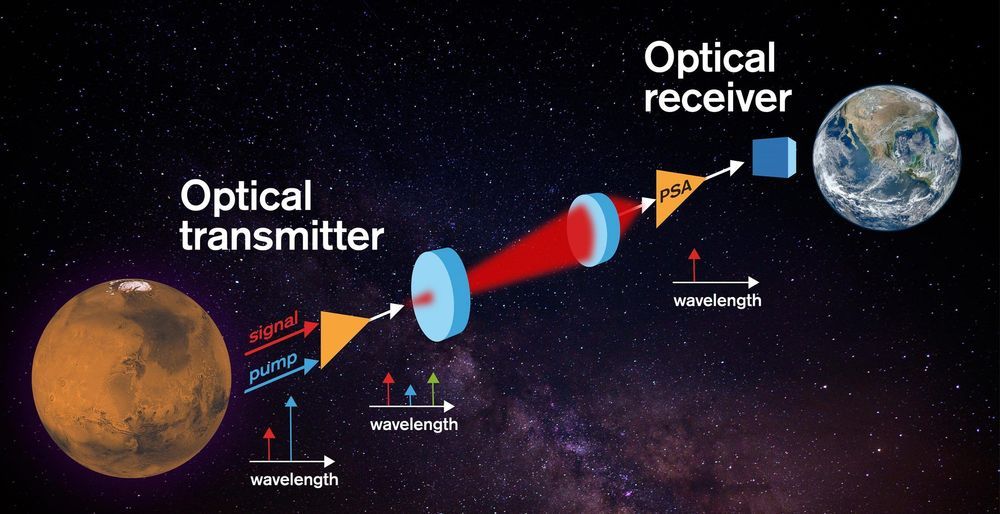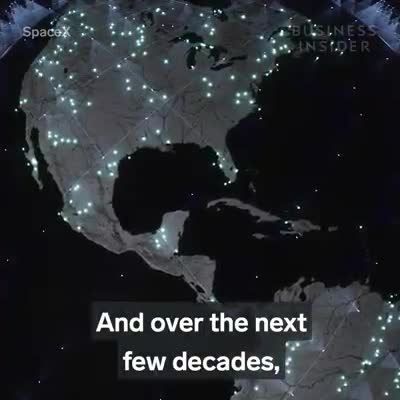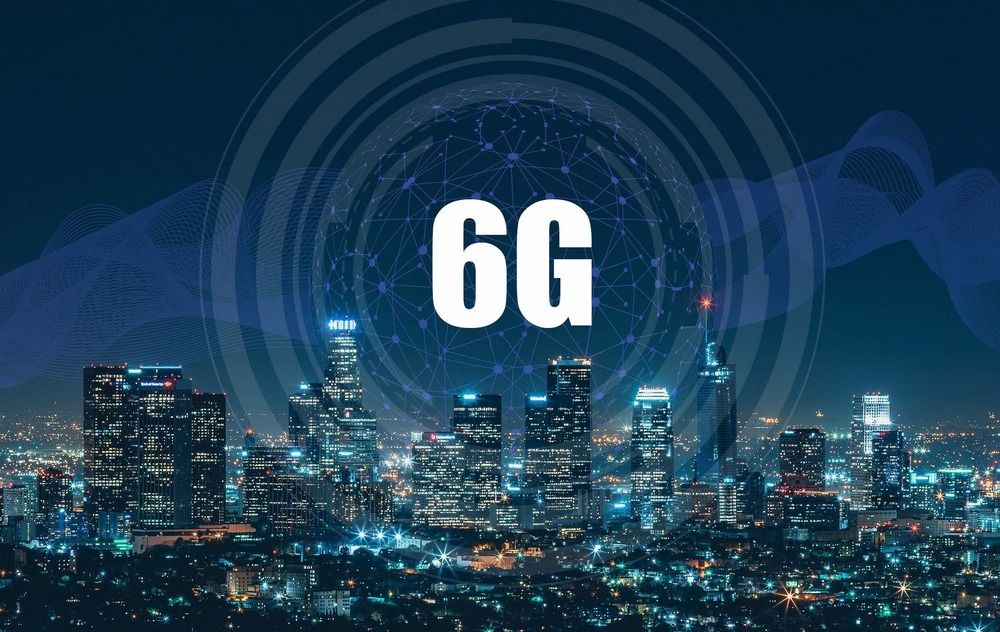Elon Musk, the CEO of SpaceX, has announced that his space internet project is ready for public use. The statement comes after SpaceX launched 60 Starlink satellites into low-Earth orbit last week, bringing the total number to almost 800.
Eventually, SpaceX plans to launch tens of thousands of Starlink satellites to create a blanket around the Earth capable of beaming high-speed broadband internet to 99% of the inhabited world.






